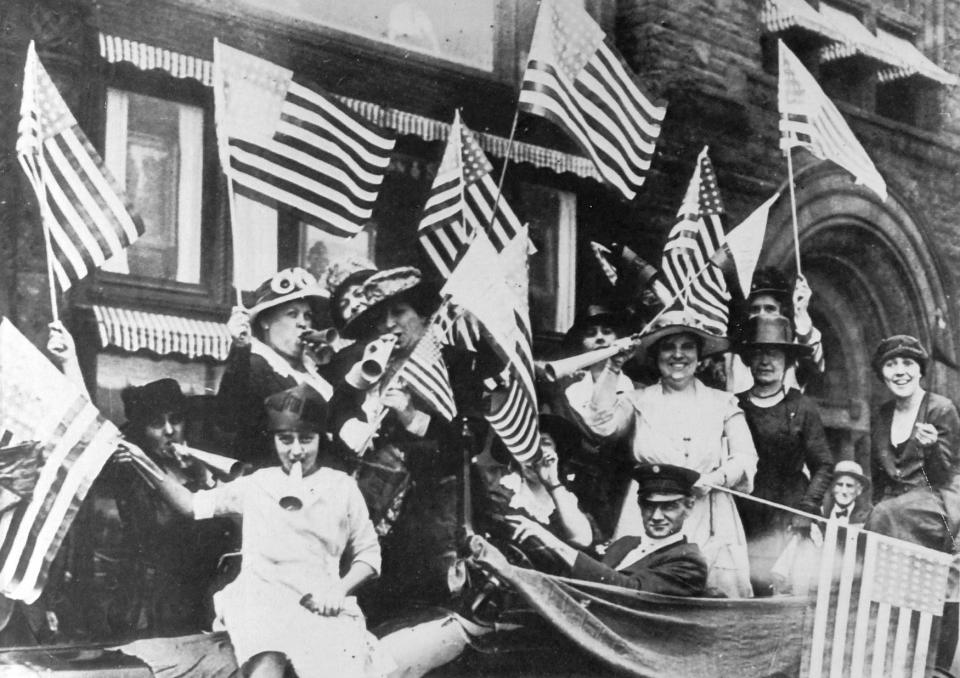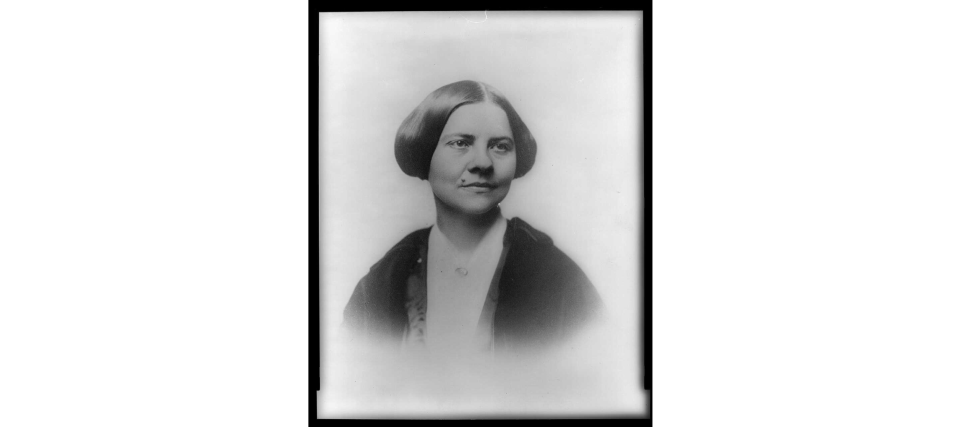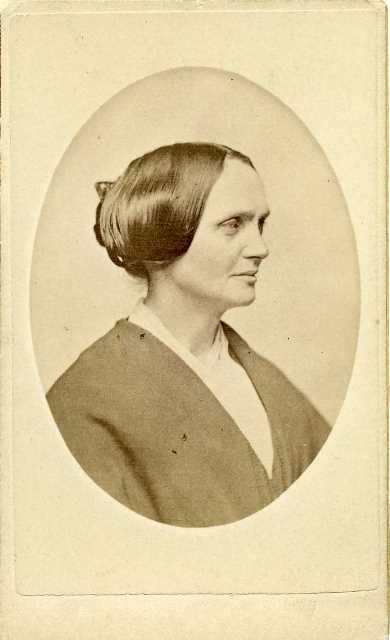Celebrate and learn about women's history in Worcester this month: What you need to know
- Oops!Something went wrong.Please try again later.
- Oops!Something went wrong.Please try again later.
Women's History Month is underway and many are celebrating the contributions and accomplishments of women in the United States.
Worcester has played no small role in the women's rights movement. The city hosted the first National Women's Rights Convention and was home to a number of prominent suffragists.

Important events in Worcester women's history
The first National Woman's Rights Convention met in Brinley Hall in Worcester in October 1850. It was attended by 2,000 people from 13 states.
The event marked the beginning of the women's rights movement and issues raised at the 1850 and 1851 conventions sparked debate about the state's constitution.
According to the Worcester Women's History Project, some men and women who addressed issues like suffrage, education, property rights and wages at the convention petitioned the Massachusetts Constitutional Convention in 1853.
Two years later, in 1855, a law allowing women to keep their property after marriage passed at the state level.
Important figures in Worcester women's history
Leading suffragist and abolitionist Lucy Stone organized the first National Woman's Rights Convention and was the first Massachusetts woman to earn a college degree. She graduated from Oberlin College in Ohio in 1847. In organizing the National Woman's Rights Convention, Stone worked with abolitionists and women's rights leaders Abby Kelley Foster, Sojourner Truth and Frederick Douglass.

Foster, whom Abby's House is named after, moved to Worcester with her family after she was born in Pelham in 1811. Foster opened public platforms for women and helped develop plans for the first National Woman's Rights Convention. She was an organizer of the New England Women's Suffrage Association, and under the guidance of the American Anti-Slavery Society, she organized and financed the passing of the 15th Amendment.

Sarah E. Wall was a late 19th-century suffragist from Worcester, born in 1825. She led a protest encouraging women not to pay taxes until they received the right to vote. Wall was a member of the Massachusetts Woman Suffrage Association and participated in the first National Woman's Rights Convention. Wall was active in the women's suffrage and rights movements for three decades.
What's going on this year for Women's History Month in Worcester?
● "Nellie: The Musical" tells the story of Nellie Bly, a New York World reporter who checked herself into a mental institution for a firsthand look to report on misdoings within. She was a pioneer in her field and launched a new kind of investigative journalism. Bly published a book, "Ten Days in a Mad-House," which investigates reports of abuse and neglect at the Women's Lunatic Asylum in New York City. The investigations led to institutional reforms that changed the approach to treating mental illness. The musical details these accounts and runs until Saturday at the Worcester Historical Museum.
● The Shrewsbury Public Library will host authors of the book "Women Who Win," Shaleen Sheth, Dr. Deepa Jhaveri and Dr. Manju Sheth, from 2 to 4 p.m. March 17.
Priya Rathnam, director of the library, hopes the event will inspire those who attend.
"I think it's an interesting book because it has stories of local women," Rathnam said. "Hearing the inspiring stories and listening to the authors talk about them, I hope that it would inspire other women."
The authors compiled a collection of stories during the pandemic, mostly from women across New England. The event allows guests to meet the authors and some of the women featured in the book. RSVP here. Along with the authors, Rothman said some of the women the authors featured will also attend.
● Old Sturbridge Village will host a Women's History Days event that runs the last week of March. It will teach guests about how women lived in the early 19th century, how they viewed themselves and how society viewed them.
Carrie Midura of Old Sturbridge Village said events vary on a day-to-day basis. She said the focus is on how women were living in New England at the time.
"The roles were very gendered at the time," Midura said. "The management of households fell to the women living here."
Staff and interpreters of Old Sturbridge Village will demonstrate how women in the early 19th century made herbal remedies and spring tonics. It will honor many significant women from New England, including Mary Merrick Brooks and Prudence Crandall. Brooks is known for her recipe of the Brooks cake, which she made to raise funds for the anti-slavery cause. Crandall, a Quaker abolitionist and teacher, opened one of the first New England schools for African American girls in Connecticut in 1833.
"We're really trying to touch on as many different, diverse stories of what was happening in New England at this time with a focus on women's contributions," Midura said.
This article originally appeared on Telegram & Gazette: Celebrate Women's History Month with these local events

